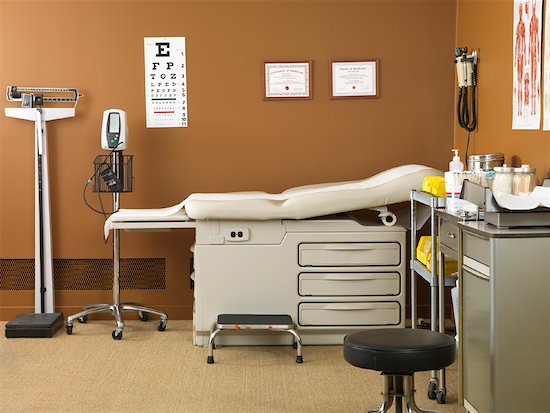By Jillian K.
When I first started researching prerequisites for PA school, I was daunted by the number of clinical hours that were required to make me a competitive candidate amongst an extremely qualified applicant pool. At the time, I was working in an infectious disease laboratory. To my dismay, I discovered that most schools listed the kind of work I did as one which they would not count towards clinical experience. I gave into the fact that I would need to find a position, either volunteer or paid, that would allow me to work directly with patients. I quickly ruled out volunteering as a means of obtaining clinical experience.
Although I believe the various volunteer positions I held largely contributed to my PA school acceptance, volunteering in a clinical setting would not have allowed me to acquire the hands-on experience for which I was looking. I decided I would have to quit my laboratory job and get a new position in a clinical setting. As I poured over employment ads, I discovered that every entry-level position, working with patients, required some sort of certification. Refusing to let the obstacles stand in the way of entering PA school, I explored different certificate programs at community colleges nearest me. I was first interested in a CNA program because the certification would have only taken a couple of months to complete.
Since I support myself financially, I decided that the pay of a CNA would not be feasible for my budget. I had to continue working full-time, and eventually found a medical assistant program that would allow me to keep my job at the laboratory and take classes at night and on weekends. The MA program took me a year to complete and required a 160 hour non-paid externship. Although I had little free time that year, the MA program reaffirmed my certainty that the medical field was one in which I would thrive. I loved learning to be part of a team that treated and cared for patients and was thrilled to acquire clinical skills such as administering injections, blood drawing, and performing EKGs. This team work also prepared me for PA school.
Graduating from the MA program left me with a sense of accomplishment and a challenge to find employment in my new field. I was discouraged to find that nearly all employers wanted a candidate with at least 1 year of MA experience. After revamping my resume and exhaustively applying to jobs, I was offered a position in a plastic surgeon’s office. I was quite apprehensive about this new position because it meant a 6 dollar an hour pay cut from my job at the laboratory. After scrutinizing my finances, I decided to accept the job offer in plastic surgery.
That first MA job was a true test of my desire to enter PA school and become a physician assistant. It was not a pleasant place to work due to poor management and the realization that, while I did love working directly with patients, I did not care for the field of plastic surgery. I wanted to work in a clinical setting that would expose me to more medicine. After 6 months and 1,000 hours in plastic surgery, I was hired at a dermatology office. I thoroughly enjoyed my MA work in dermatology. I was both honored and excited to spend every day on a team that removed skin cancer from patients. I maintained my position in Dermatology for 8 months, before deciding to relocate closer to family.
My move was the impetus that landed me my most recent position as an MA in an urgent care setting. The urgent care has afforded me the best clinical experience in all of my MA career. I work with a team of PAs, NPs, and physicians. It is great to care for a diverse population while addressing a variety of prevalent ailments. I assist in the treatment and management of maladies such as strep throat, broken bones, and diabetes, experiences which I believe would prepare me for PA school.
My journey to acquire clinical experience started as one to fulfill a prerequisite for PA school. I now know that my time as an MA has provided me with the invaluable opportunity to acquire clinical skills, learn to be an effective member of a medical team, and, most importantly, gain insight into providing high-quality care to patients from all walks of life.


